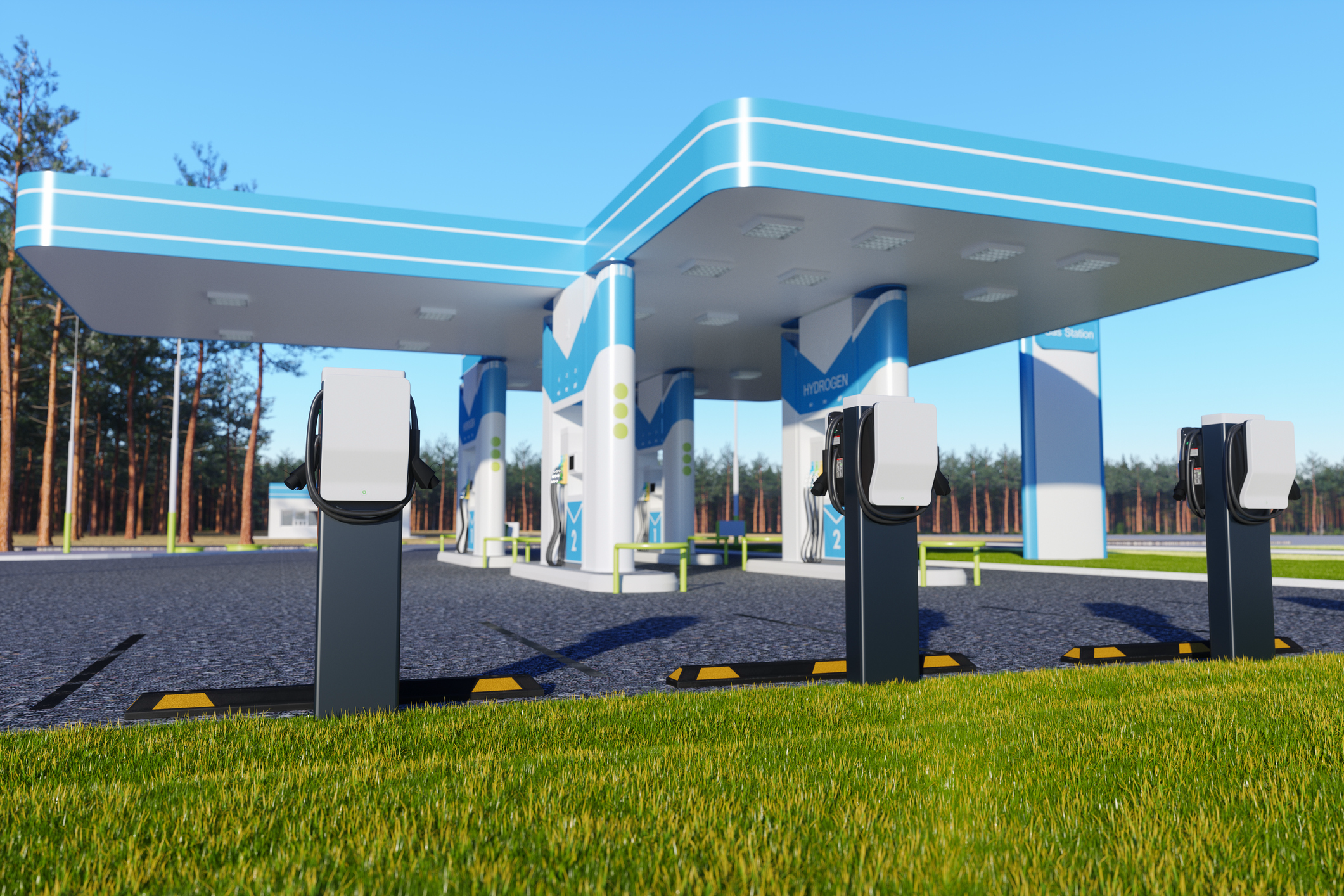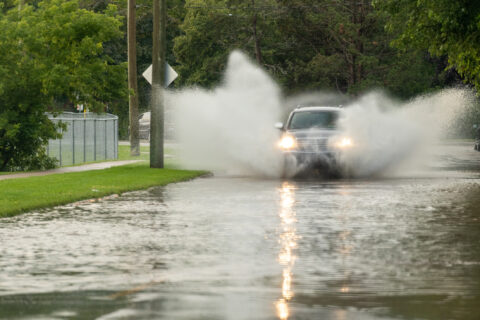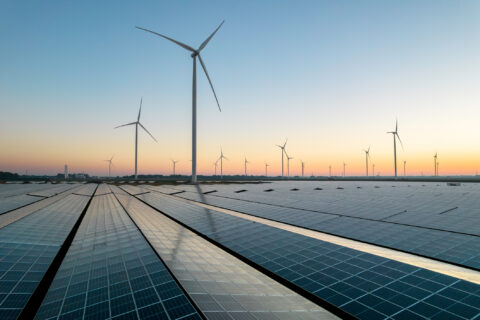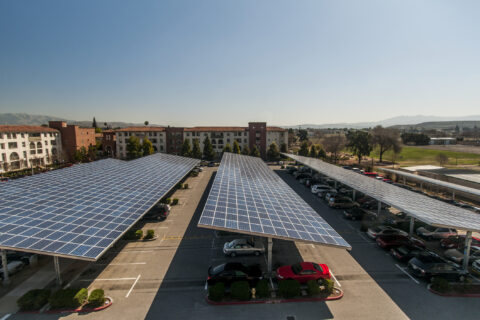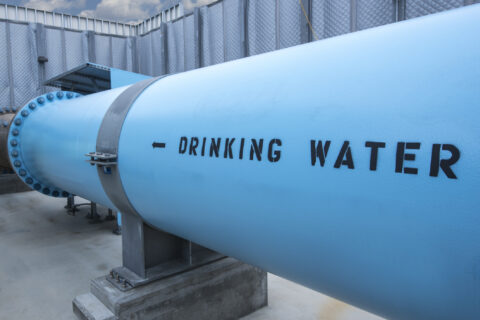On January 11, 2023, the Biden Administration announced $623 million for the Charging and Fueling Infrastructure (CFI) Discretionary Grant Program. Fourteen of the 47 awardees are municipalities, winning approximately $102 million for electric vehicle charging in their communities and along the Alternative Fuel Corridor. These grants will help address EV charging gaps across the country and will align with the National Electric Vehicle Infrastructure (NEVI) formula program, which the federal government administered to the states.
How Municipalities Are Using CFI Grants
The City of Mesa, AZ won approximately $12 million to install 48 EV charging stations. These chargers will be used to not only charge passenger vehicles, but also will include chargers for other forms of e-mobility such as e-bikes and e-scooters. Funding will also be used to construct solar canopies to produce electricity generation at the EV charging stations, helping to reimagine what EV charging stations can look like.
One of the corridor charging grants went to the City of Mount Vernon, WA. This $12.5 million award will help install 78 chargers at the Mount Vernon Library Commons. The Mount Vernon Library Commons is a multi-use infrastructure project that includes a library, community center, a commercial kitchen, and a parking structure with the largest public EV charging center in the USA, park and ride, and transit. The current parking structure already contains 4 DCFC, also known as level-3 chargers and 72 level-2 chargers. The Mount Vernon Library Commons is located along the interstate 5 corridor connecting people traveling between Seattle and Vancouver, Canada. Adding chargers will further fill in corridor charging needs in the US and reduce range anxiety.
Mayor Peter Donovan added that,
This grant award—and this entire project—are wonderful examples of the cooperation that should exist between all levels of government when it comes to addressing the practical infrastructure needs of Americans. Mount Vernon owes a debt of gratitude to former Mayor Boudreau, and to all of our City’s state and federal delegation. And of course we appreciate all of the ways in which National League of Cities assisted our city and our efforts to propel this visionary project into the federal funding spotlight.
Mayor Peter Donovan, Mount Vernon, WA.
How Municipal Leaders Can Bring EV Charging to Their Communities
Municipal leaders interested in EV charging in their communities can use several NLC resources to get started. A first stop they can make is NLC’s EV charging Primer for Municipal Leaders and the follow up brief, Bring EV Charging to Your Community: Put Federal Funding & Private Partnerships to Work. Registration is open currently for the Local Infrastructure Hub, which for the second time will be coving and helping municipalities apply for the CFI grant.
NLC and the National Governors Association, with funding from the Siemens Foundation’s new Everyone Charing Forward initiative, have announced the State and Local Collaborative to Support an Inclusive Workforce for the Electric Vehicle Charging Sector (EV Workforce Collaborative). The Collaborative will provide resources, guidance, and best practices for states and cities to expeditiously align policies and funding priorities to develop accessible, industry-recognized pathways and wrap-around supports for family-sustaining careers in the EV Charging economy.
The Maryland Clean Energy Center, a CFI grant winner, received $15 million to build 87 electric vehicle charging stations in urban, suburban, and low- and moderate-income communities across the state. The project includes workforce development programs to help train, place and retain people in good-paying jobs or registered apprenticeships, which will be critical to realizing the state’s installation goals. Other states, regions, and municipalities who have won CFI grants, or hope to win one in the future, should consider how they can weave workforce training into their grant applications. For resources and support on aligning workforce development investments with the build-out of EV charging connect with the EV Workforce Collaborative.
